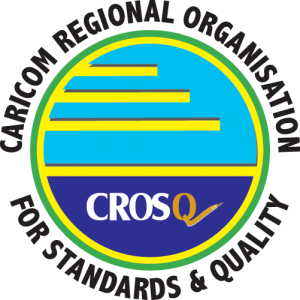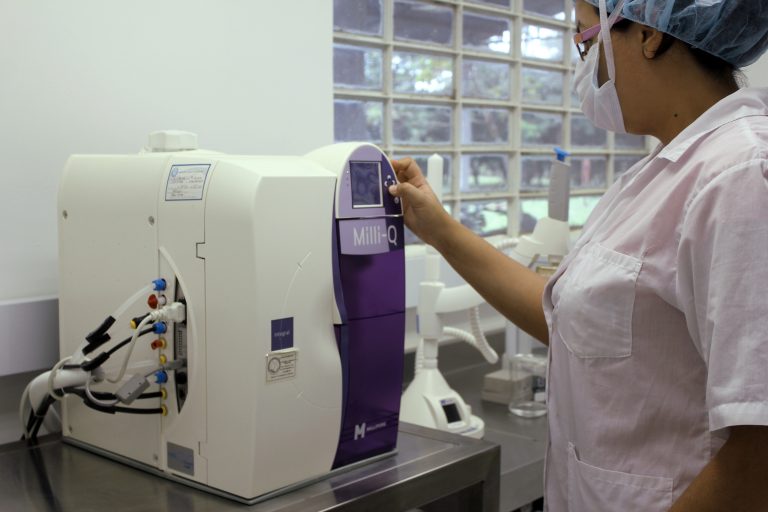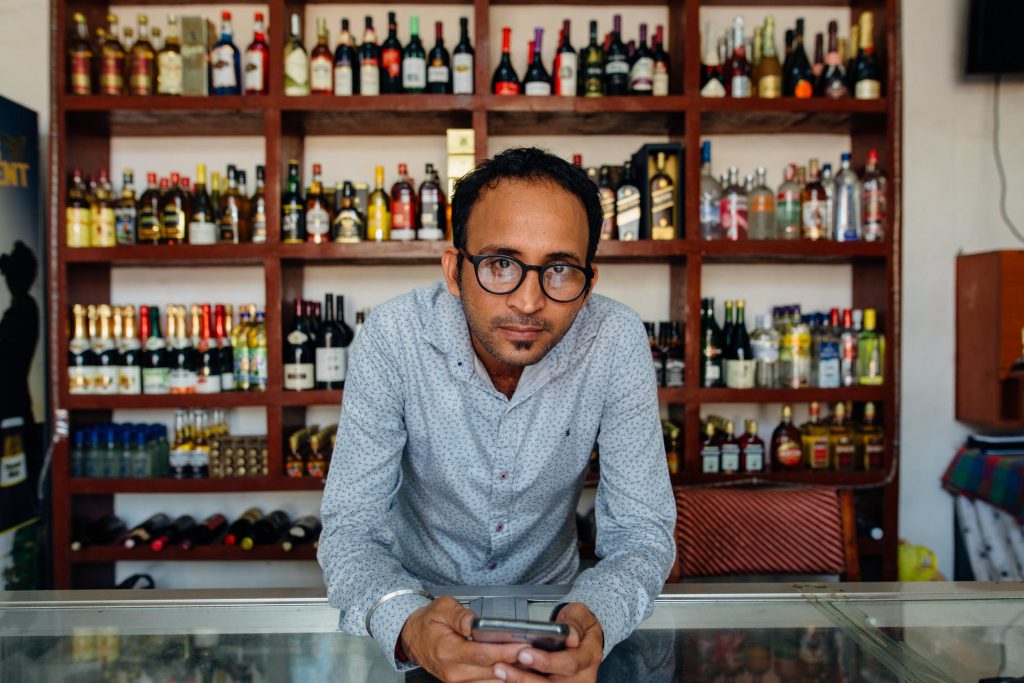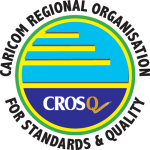Get to know us
About CROSQ
CROSQ is the regional centre for promoting efficiency and competitive production in goods and services, through the process of standardization and the verification of quality.
With the mission of promotion and development of standards and standard related activities to facilitate international competitiveness and sustainable production of goods and services within the CARICOM Single Market Economy for the enhancement of social and economic development.

About The Project

Component 2 – Technical Assistance to Support Laboratory Accreditation
Technical Assistance (TA) to at least two testing laboratories for International Organisation for Standardisation (ISO) 17025:2017 accreditation. Criteria for selection will include but not be limited to: importance to trade (regulatory or export) and priority sectors; management commitment to accreditation; eligibility of the country based as guided by CDB; capacity to provide services to other countries in keeping with the RQP; and appropriate existing infrastructure. The two labs will be chosen from among the five countries identified in Component 1. Using a self-assessment for accreditation readiness, laboratories will be short-listed. Consultants will perform a gap analysis for the two labs based on the minimum requirements for accreditation. This will be followed by TA using the Stepwise Improvement Programme (SIP) to facilitate accreditation, including:
- Training of laboratory staff, national accreditation focal points and assessors on the standard;
- Development of quality manuals according to the standard;
- perform a pre-assessment audit for each lab; and
- minor equipment and reference materials will also be purchased.

The CARICOM Regional Organisation for Standards and Quality (CROSQ) has received financing from the Caribbean Development Bank (CDB) in an amount equivalent to US$ 752,850 towards the cost of Strengthening of Regional Quality Infrastructure Programme.
The Project consists of three (3) interventions to strengthen the regional quality infrastructure in the Caribbean Community (CARICOM). The proposed interventions are as follows:
Component 1 – Development of National Quality Policies
Development of three (3) national quality policies (NQPs) using the regional quality policy (RQP) from a pool of five (5) countries (Suriname, Grenada, Guyana, Saint Lucia and Antigua and Barbuda), with associated Implementation Roadmaps in order to strengthen the policy and regulatory framework to support national quality infrastructure (NQI) development. These countries currently have a weak regulatory and/or policy environment exemplified by a lack of coordination and overlapping mandates. The development of the NQPs will be informed by the United Nations Industrial Development Organisation (UNIDO) NQP development guide and will include the following steps:
- Consultants will facilitate the identification and assessment of quality infrastructure (QI) needs within the context of the RQP. Develop draft NQPs in alignment with the RQP.
- Training of Quality (QI) professionals and members of the Quality Institutions on standards, best practices and rationale relevant to the NQP to ensure behaviour changes for functional competence on the draft policy and finalise draft.
- Drafting a five-year Implementation Plan with resource and investment needs identified.
.

Component 3 – Information and Awareness Programme
Information and Awareness Programme of the project involves the design and implementation an Information and Awareness Campaign (IAC) to raise awareness among targeted stakeholders of the:
1. Importance of NQI and NQP in growing local industries and building a resilient economy; and
2. Benefits of standards, quality management practices and conformity assessments to improving the competitiveness and export-readiness of targeted small and medium size enterprises (SMEs).
About the Campaign
Countries and businesses alike all want to have the “it” factor. That “thing” that makes them the best, stand out, or be in demand. Whether you are a business owner motivated to increase consumer confidence in your company or provide the highest quality product/service in the region or the head of a government agency committed to improving the competitiveness of your country, the Q-Factor which stands for the Quality Factor, is the “it” factor that gives the competitive edge.
The Q-Factor is your quality advantage. It’s your investment in standards and quality systems that makes you different and in demand. Whether business or country, the Q-Factor builds consumer trust and unlocks access to markets. It’s your blueprint for sustainable growth..

